A Look At Arkansas’ Dry Counties: Understanding The Map And Its Implications
A Look at Arkansas’ Dry Counties: Understanding the Map and Its Implications
Related Articles: A Look at Arkansas’ Dry Counties: Understanding the Map and Its Implications
Introduction
In this auspicious occasion, we are delighted to delve into the intriguing topic related to A Look at Arkansas’ Dry Counties: Understanding the Map and Its Implications. Let’s weave interesting information and offer fresh perspectives to the readers.
Table of Content
A Look at Arkansas’ Dry Counties: Understanding the Map and Its Implications
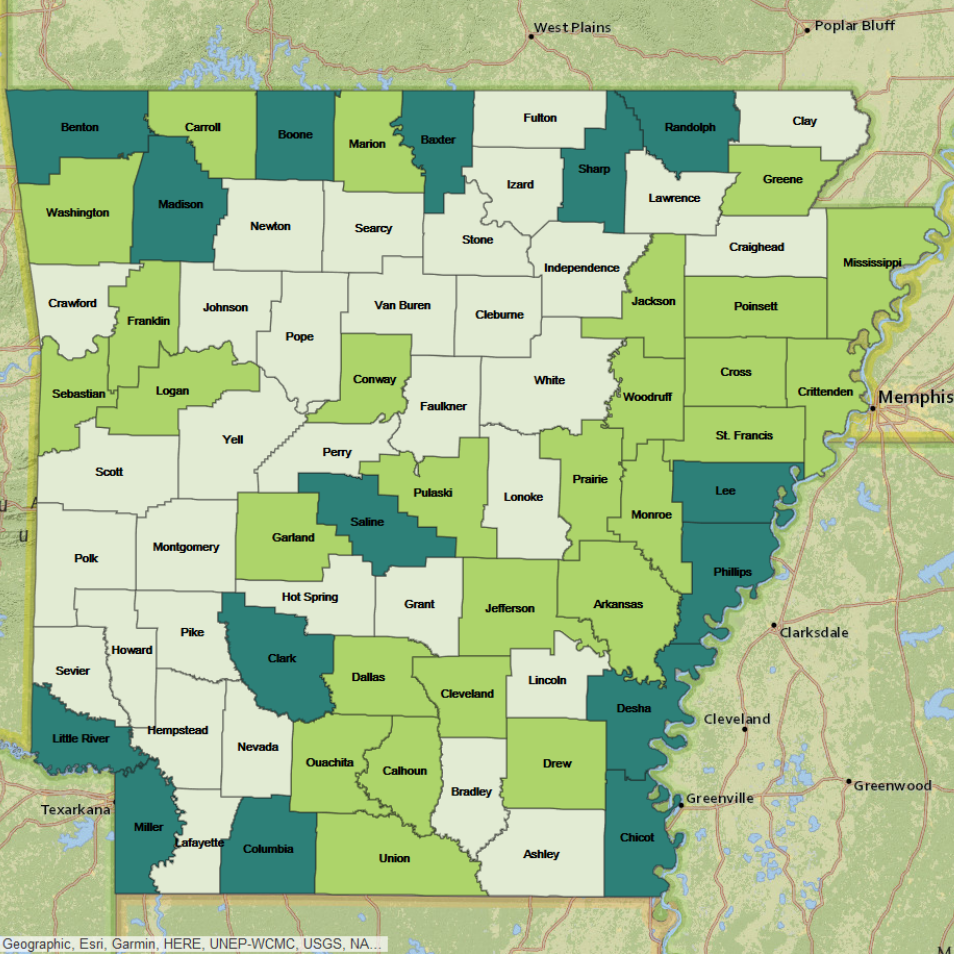
Arkansas, known for its rolling hills, abundant natural resources, and vibrant culture, also harbors a unique characteristic – a significant number of counties where the sale of alcoholic beverages is prohibited. These "dry" counties, as they are known, form a distinctive pattern across the state, reflecting a complex interplay of historical, cultural, and social factors. Understanding the distribution of dry counties on a map of Arkansas provides insights into the state’s past and present, and highlights ongoing debates surrounding alcohol regulation and individual liberty.
Delving into the Map: A Historical Perspective
The map of dry counties in Arkansas reveals a clear geographic trend. The majority of these counties are located in the northern and northwestern regions of the state, with a scattering in the Ozark Mountains and the Ouachita Mountains. This distribution is rooted in the historical context of the state.
Arkansas, like many other Southern states, has a long history of temperance movements, fueled by religious and social values. The 19th century witnessed a surge in prohibitionist sentiment, leading to the passage of local option laws, which allowed individual counties to decide whether or not to prohibit alcohol sales. This resulted in a patchwork of wet and dry counties across the state.
The 20th century saw further shifts in alcohol policy. The national Prohibition era (1920-1933) temporarily banned alcohol nationwide, but its repeal led to a resurgence of alcohol sales in many areas. However, Arkansas, along with many other states, retained its local option laws, allowing counties to maintain their dry status.
Factors Shaping the Dry County Landscape
Several factors have contributed to the persistence of dry counties in Arkansas:
- Religious and Social Values: Many rural communities in Arkansas, particularly those with strong religious affiliations, have historically viewed alcohol consumption as morally objectionable. This sentiment continues to influence local attitudes and voting patterns.
- Economic Concerns: Some rural communities fear that allowing alcohol sales would lead to increased crime and social problems, potentially damaging local businesses and economies.
- Political Influence: The influence of conservative political groups, often aligned with religious values, has played a significant role in maintaining dry county status in certain regions.
Challenges and Debates Surrounding Dry Counties
The presence of dry counties in Arkansas has sparked ongoing debates regarding individual liberty, economic development, and social responsibility.
- Individual Liberty: Critics of dry counties argue that they infringe upon the rights of individuals who choose to consume alcohol responsibly. They contend that prohibiting alcohol sales does not eliminate consumption, but merely drives it underground, leading to potential dangers and lack of regulation.
- Economic Development: Some argue that dry counties hinder economic growth by discouraging tourism and hindering the establishment of restaurants and bars. They point to the potential for increased tax revenue and job creation if alcohol sales were legalized.
- Public Health and Safety: Proponents of dry counties maintain that they contribute to public health and safety by reducing alcohol-related accidents, crime, and social problems. They argue that limited access to alcohol can discourage excessive consumption and its associated consequences.
The Ongoing Evolution of Alcohol Policy in Arkansas
The map of dry counties in Arkansas is not static. Over the years, there have been numerous attempts to change the status of individual counties, with varying degrees of success.
- Local Referendums: In recent years, several counties have held local referendums to decide whether to allow alcohol sales. These referendums have often resulted in close votes, reflecting the deeply divided opinions on the issue.
- Statewide Initiatives: There have been efforts to introduce statewide legislation that would either abolish dry counties or streamline the process for counties to change their status. These initiatives have often faced strong opposition from groups advocating for the preservation of dry counties.
FAQs about Dry Counties in Arkansas:
1. What is the legal definition of a dry county in Arkansas?
A dry county in Arkansas is a county where the sale of alcoholic beverages is prohibited. This includes the sale of beer, wine, and liquor.
2. Can I legally consume alcohol in a dry county in Arkansas?
While the sale of alcohol is prohibited in dry counties, individuals are generally permitted to possess and consume alcoholic beverages on private property. However, public consumption of alcohol is still illegal in dry counties.
3. How can I find out if a specific county in Arkansas is dry or wet?
The Arkansas Alcoholic Beverage Control (ABC) website provides a list of dry and wet counties. You can also consult a map of dry counties in Arkansas, which is readily available online.
4. Can a dry county in Arkansas change its status to wet?
Yes, a dry county in Arkansas can change its status to wet through a local referendum. This requires a majority vote of the county’s registered voters.
5. What are the arguments for and against dry counties in Arkansas?
Arguments for dry counties often center around moral and social values, public health, and safety. Arguments against dry counties focus on individual liberty, economic development, and the potential for increased tax revenue.
Tips for Travelers in Dry Counties:
- Be aware of local laws: Before traveling to a dry county in Arkansas, familiarize yourself with local laws regarding alcohol consumption and sale.
- Plan accordingly: If you plan to consume alcohol in a dry county, ensure you do so on private property and in accordance with state and local laws.
- Respect local customs: While traveling in a dry county, be mindful of the community’s values and traditions regarding alcohol consumption.
Conclusion:
The map of dry counties in Arkansas serves as a powerful reminder of the complex interplay between history, culture, and social values. While the distribution of dry counties reflects a past steeped in temperance movements and religious influence, the future of alcohol policy in Arkansas remains uncertain. The ongoing debates surrounding dry counties highlight the challenges of balancing individual liberty with community values, and the need for open and informed discussion regarding alcohol regulation and its impact on society.
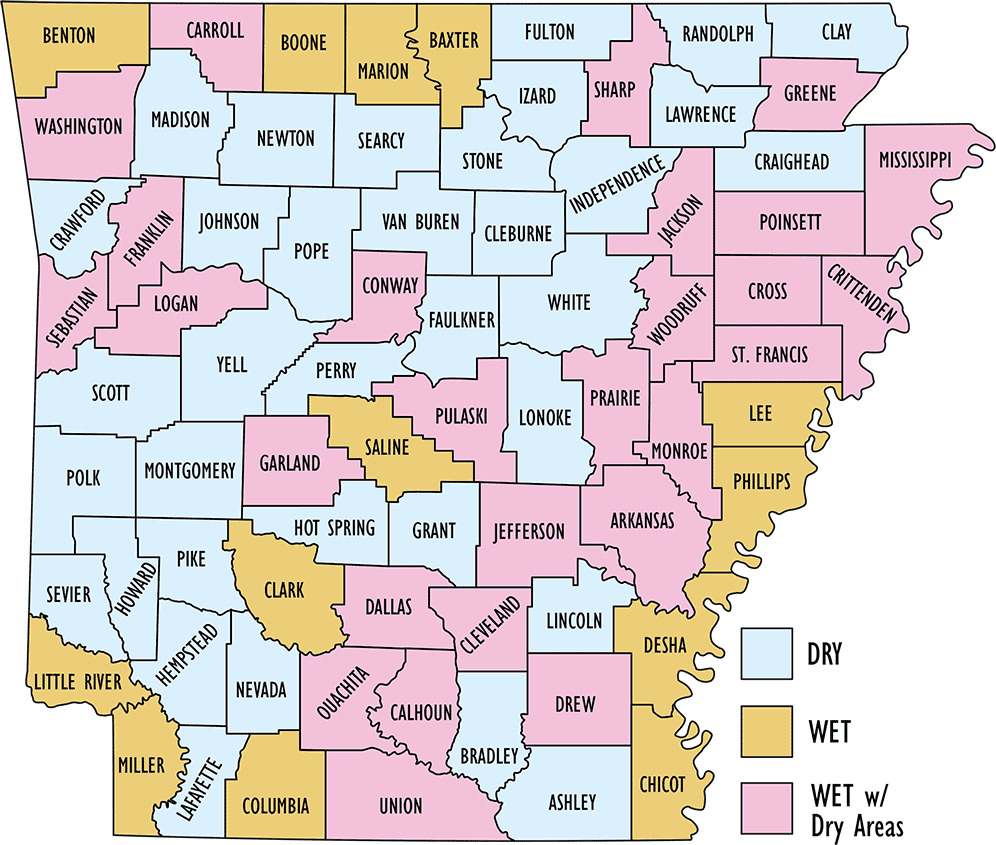
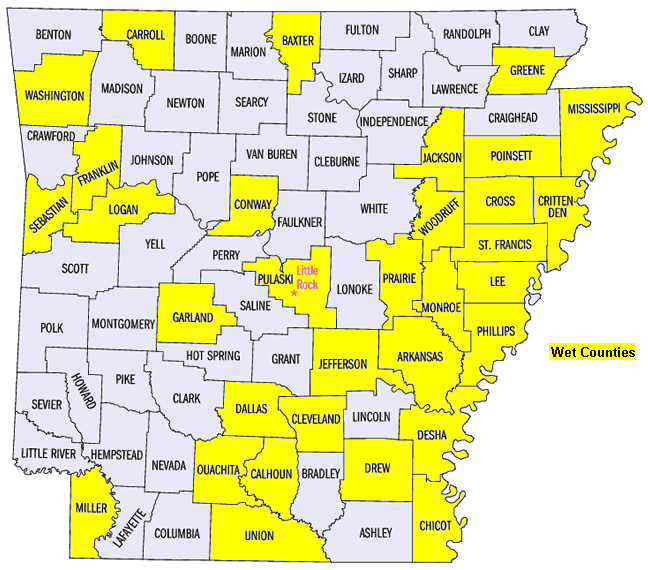
![Arkansas County Map [Map of AR Counties and Cities]](https://uscountymap.com/wordpress/wp-content/uploads/2023/11/arkansas-county-map-3-724x1024.jpg)


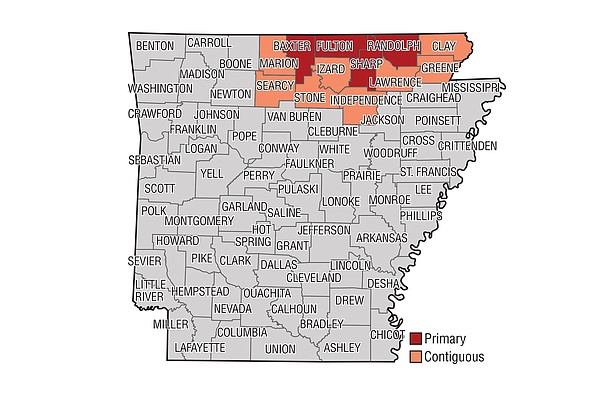
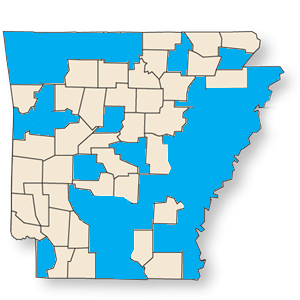

Closure
Thus, we hope this article has provided valuable insights into A Look at Arkansas’ Dry Counties: Understanding the Map and Its Implications. We appreciate your attention to our article. See you in our next article!